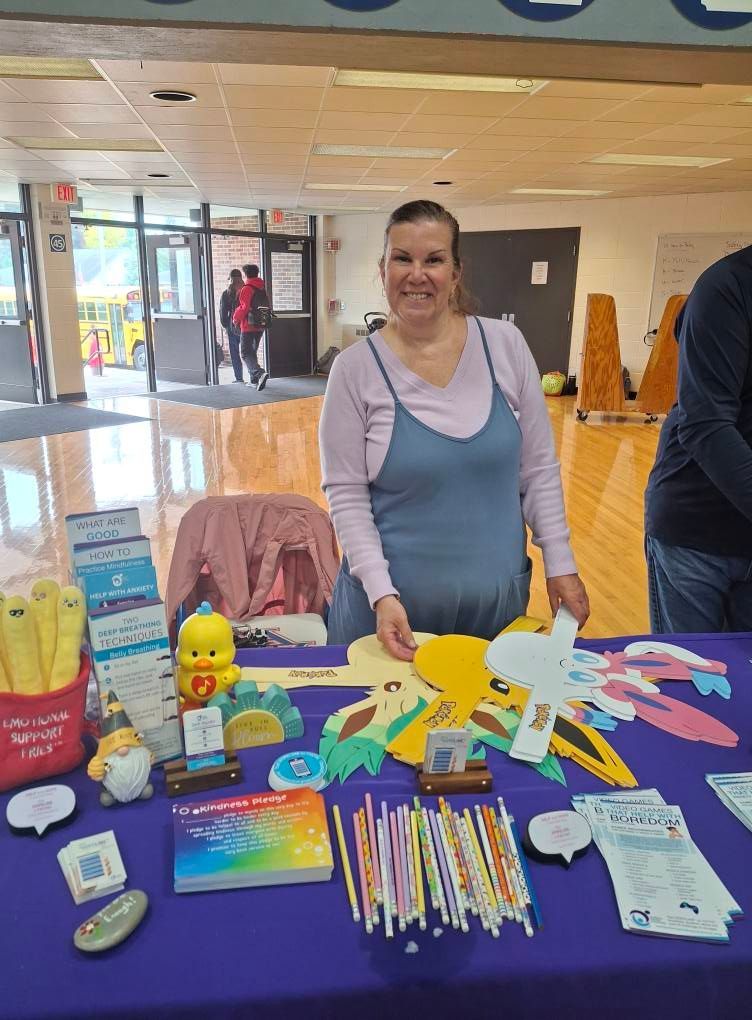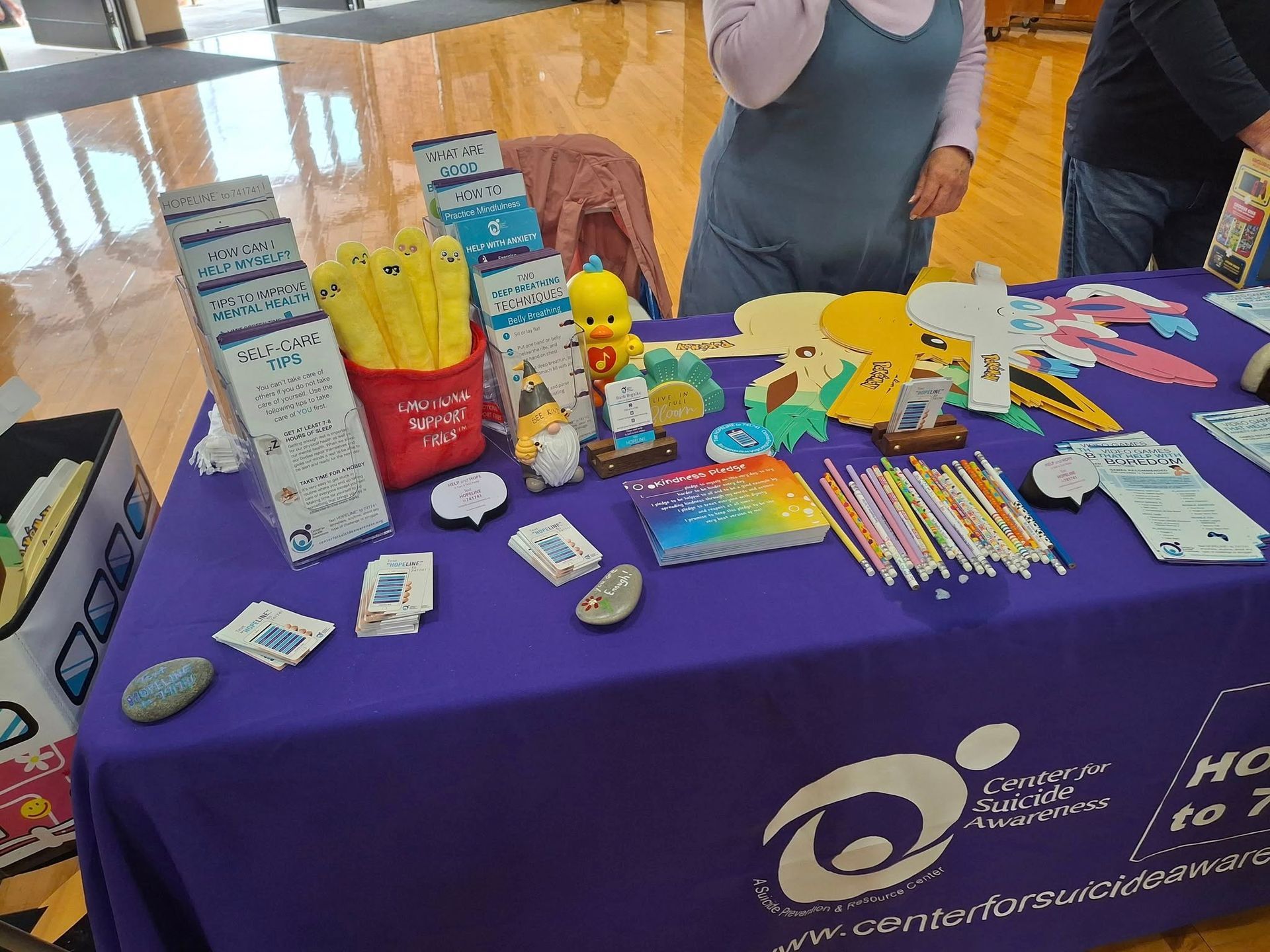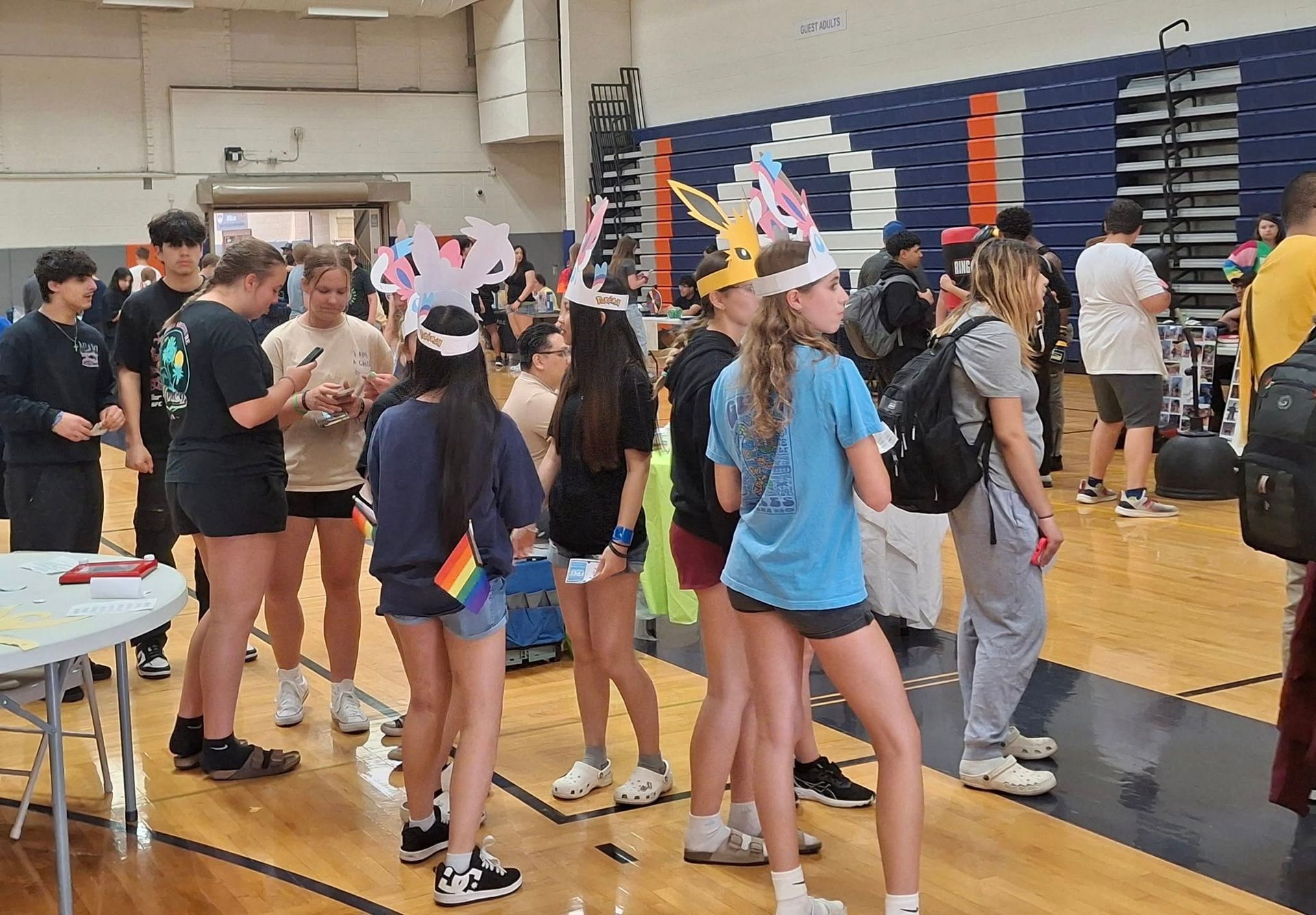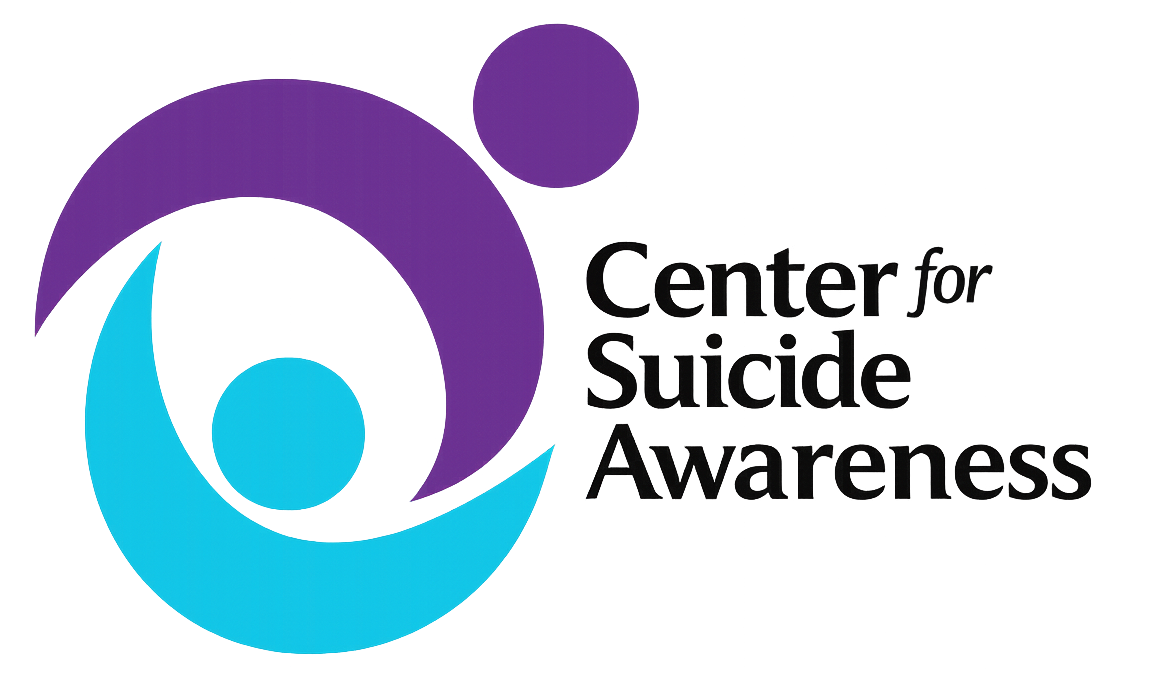Educators & School Staff
You’re Already Doing So Much. Here’s Help That Helps.
Teachers, counselors, and school staff are often the first to notice when a student is struggling—but they’re rarely given the tools to act on it. This training bridges that gap. It’s designed to support school communities with actionable strategies, realistic interventions, and just enough structure to make mental health part of the conversation—not an added burden.


Students Don’t Leave Their Struggles at the Door
And neither should your support tools.
From anxiety and bullying to home instability and depression, students carry a lot with them into your classroom. But suicide is still too often a taboo subject in schools. This training breaks the silence while respecting the emotional realities of working in education. It’s trauma-informed, age-appropriate, and built to equip—not overwhelm—school staff.


What You’ll Learn
Support that fits into real life—not just theory.
- How to recognize emotional distress in students at different age levels
- What to say—and what not to say—when someone might be struggling
- How to respond to warning signs without creating panic
- Ways to build trust and openness in your classroom culture
- How to connect students to support resources while respecting boundaries
- Strategies to manage your own stress and emotional load as an educator
This training is designed to fit into professional development days, staff in-services, or virtual sessions, and can be adapted for teachers, counselors, school nurses, administrators, and paraprofessionals.
Educator Training FAQs
Because you already have enough on your plate.
Will this training make me legally responsible if I miss a sign?
No, this training is about equipping—not burdening—you. You’ll learn how to notice signs and connect students to help, but the responsibility to “get it perfect” every time is unrealistic and not what we’re here to create. You are already doing your best, and this helps you do it with more confidence.
Does this count toward continuing education or PD hours?
In many cases, yes. We can provide documentation for school districts or state boards, and we’re happy to work with your admin team to meet professional development requirements. Just let us know what paperwork or approvals are needed.
How is this different from other mental health training?
Our approach is rooted in active, real-world prevention—not just awareness or theory. We use relatable language, school-specific scenarios, and flexible formats. We also avoid guilt-based messaging and instead focus on what you can do in the role you’re already in.
What if I’m not comfortable talking about suicide with my students?
That’s completely understandable, and we won’t push you into uncomfortable territory. This training is about providing tools—not turning you into a counselor. It’s also designed to help you have age-appropriate, safe conversations if the moment arises.
Can school districts book this for an entire staff?
Yes. We’ve delivered this training to individual schools and full districts, both in person and virtually. We can tailor the length and focus based on staff roles, grade levels, or specific concerns in your school community.

